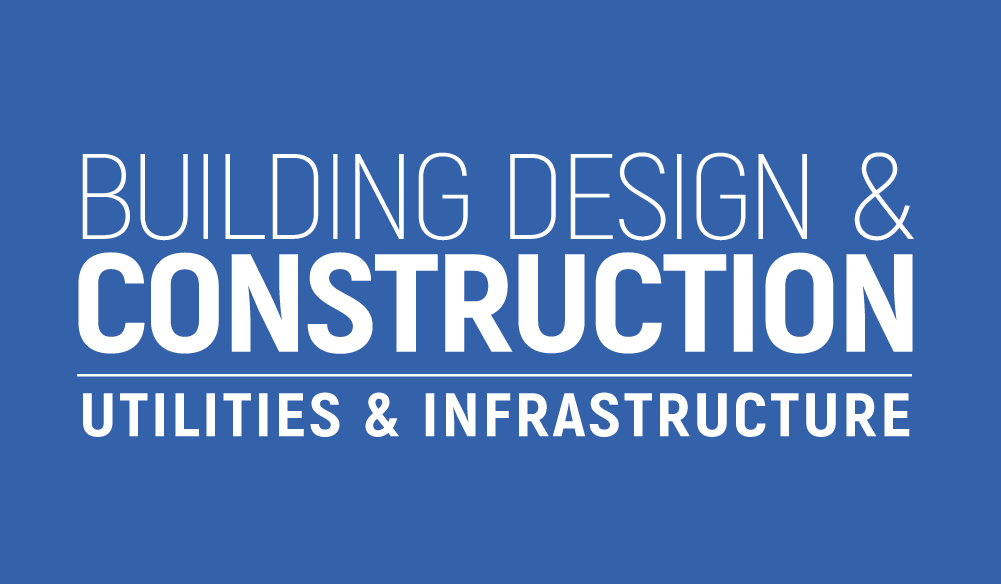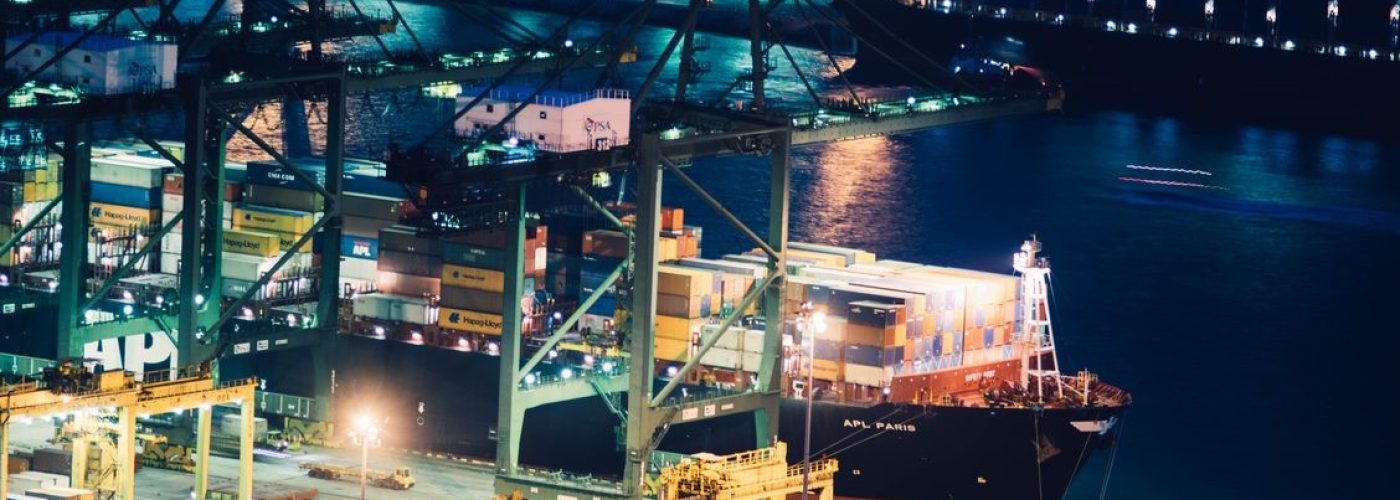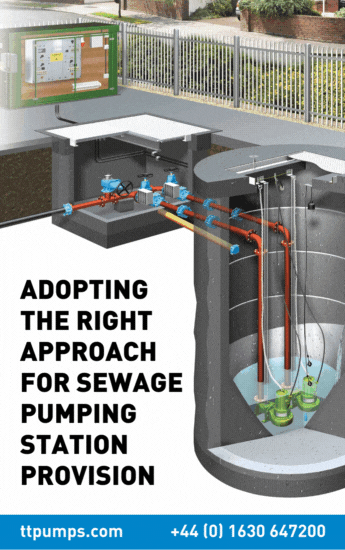“Smart ports are the only ports that will survive … Smart means to me: no waste of space, time, money and natural resources.” – Olaf Merk, Administrator for Ports and Shipping at the ITF of the OECD
As the commercial success of a port creates greater prosperity for it’s community, pollution levels tend to increase. Multiple emission sources including those from ships, port handling equipment (diesel engines), the process of unloading break-bulk and those generated within the city itself create a complex air quality landscape with many moving parts. How do we accurately assess it?
Traditionally, expensive reference equipment has been used by government sources to monitor background air quality. These remain the gold standard at a legislative level, yet it is understandable that port authorities would hesitate to deploy them in a measurement campaign. Not only are they very expensive, but they are also large and do not lend themselves to being easily repositioned to suit different measurement needs. The other option has been to use passive diffusion tubes, a simple indicative technique. Whilst very low-cost and can measure longer-term average gas concentrations in a specific location, they cannot track changes in air quality over minutes, hours or days.
Self regulation is vital for port authorities to understand their impact on air quality and to select actions to address emissions under their control. Yet, the financial burden of installing analytical equipment suitable for comprehensive monitoring has been prohibitive. Over the course of the last three years, South Coast Science has worked to develop a portable product capable of data quality that is comparable with the reference-level monitor, yet at only one-tenth of the cost.
Robust measurement of pollutants such as SO2, NO2, particulates, VOCs and others can now be established with ease from products offering high accuracy and repeatability. All pollutant and device data is cloud-mediated and can be viewed online via a cloud dashboard.
It is clear that this new technology in general remains less well established than the traditional reference instruments. South Coast Science has responded to this with a data correction algorithm and a policy of data transparency, which allows users and external specialists to interrogate and validate the data provided by the system.
To this end, South Coast Science has developed an open-source platform that allows customers to do their own checks. The collaboration with global environmental consultancy Ricardo PLC is described in a short video here.
The task of establishing baselines early on should be one of the aims of any measurement campaign so that subsequent pollution mitigation strategies can be measured and effectiveness established. For this purpose where priorities are yet to be decided, consulting services might be used to assist in focussing on the quickest wins with the most economical solutions. South Coast Science has worked with independent air quality consultants with many years of experience in various market sectors and would be happy to pass on details.
For more information please contact David.Johnson@southcoastscience.com.





